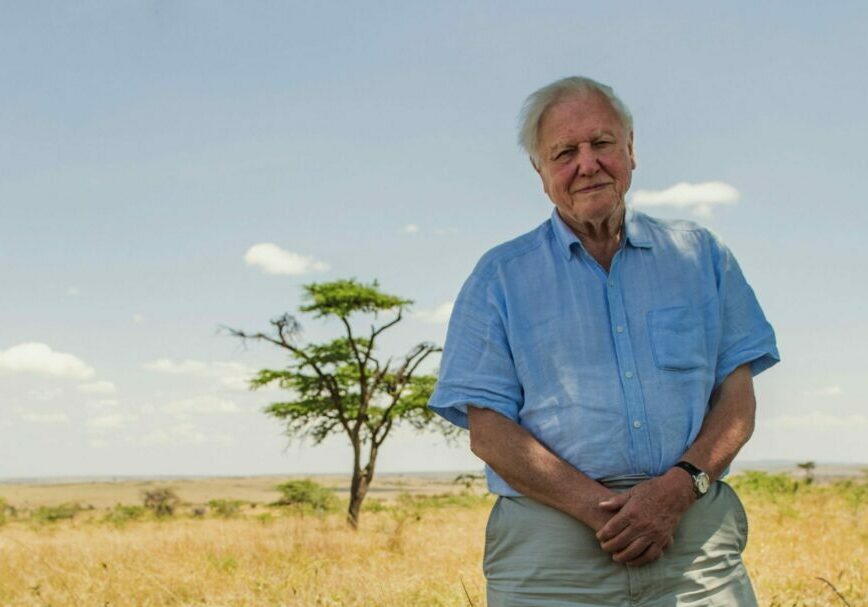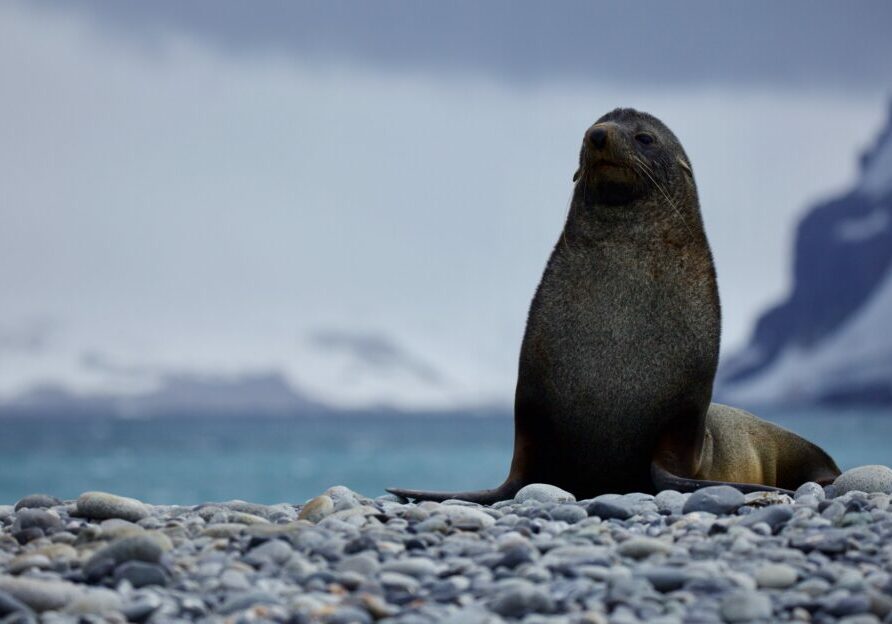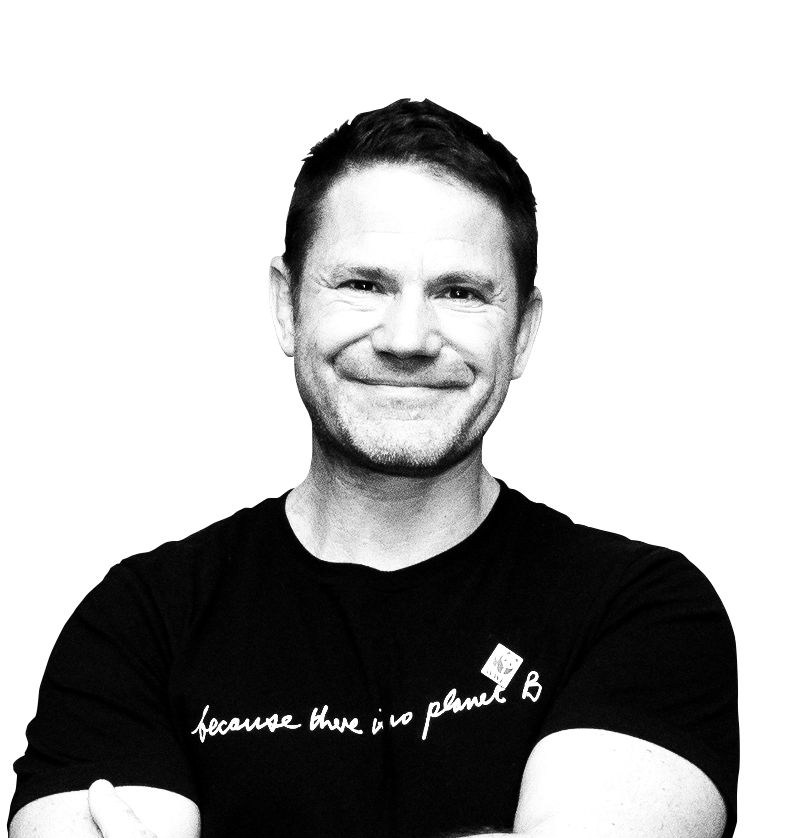
What do you love most about nature and why is it everyone’s responsibility to protect it?
I have been besotted with nature my whole life. It’s been my joy, my entertainment, even my salvation. Nature should be at the core of everything we do: what could be more important than the land we live on, the air we breathe and the water we drink?
You have travelled the globe. What human impacts on nature have you seen?
Almost every place I’ve visited has been compromised by humans. Even the most remote seas suffer from vast amounts of marine plastic, and forests far from civilisation are polluted by our toxins and under threat from chainsaws and plantations. That said, there are still huge areas of perfect habitat that are worth saving.
You once journeyed pole to pole for a TV series. What makes the polar regions so special?
There is nowhere else on Earth where we as humans feel so tiny, so irrelevant, so utterly at the mercy of the environment. The conditions can change from blue skies and searing sunshine to brutal winds and driving snow in the blink of an eye. And though we think of them as barren places, a surprising amount of polar-adapted life depends on these wild lands.
Why are the poles and glaciers so essential for the future of our planet?
The albedo effect of the poles, as giant white mirrors that reflect the sun’s radiation back into space [which helps reduce global warming], is impossible to overstate. Also the fact that the majority of the world’s fresh water is found there, bound up in ice. Small changes to these polar regions can have cataclysmic effects for the planet as a whole.
What signs of climate change have you personally witnessed at the poles?
I’ve seen glaciers disappear completely. I’ve watched sea ice formation and collapse totally change in the course of a few decades. And I’ve observed polar bears being forced off diminishing sea ice on to land, where they increasingly come into contact with humans.
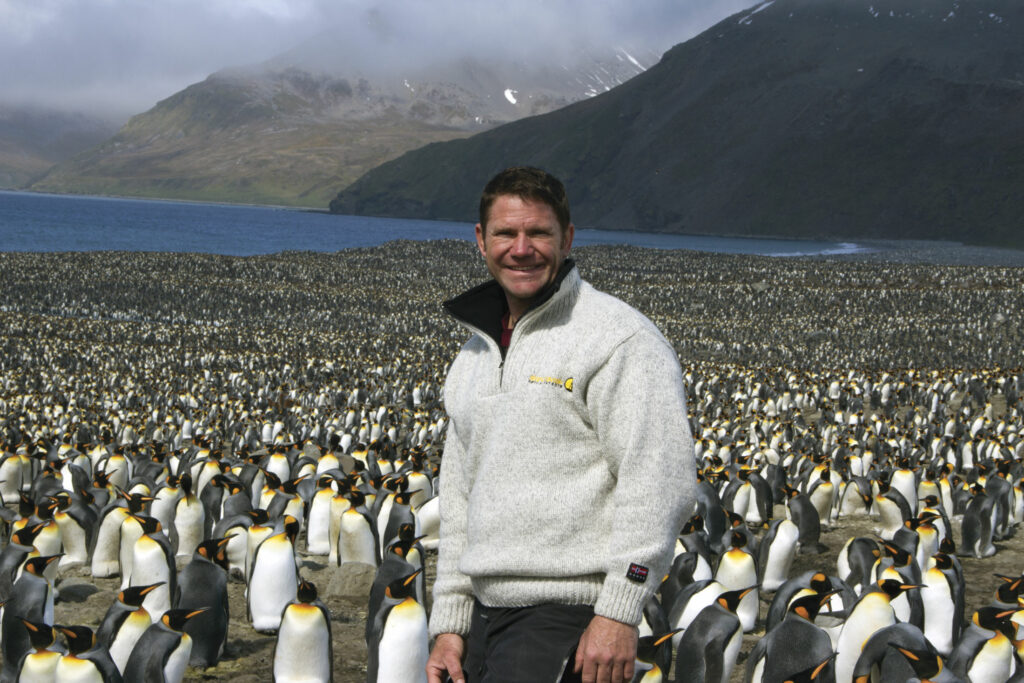
© SCOTT ALEXANDER
Describe your most thrilling wild encounter
Diving beneath a jade green Antarctic iceberg with a female leopard seal flashing her teeth into my camera is impossible to beat.
What changes have you made in your life?
My personal plan is to do the best I can in all areas of my life, including only flying when essential for the job. My TV programmes offset all their emissions, I offset all my flights like crazy through forest-purchase plans I really believe work, and I’ve raised over half a million pounds to buy rainforests. It’s not enough, but I’m always battling to do better.
Why did you support the Global Strike for Climate? And what do you think it achieved?
I’ve been given great heart, not just by this strike, but all the great efforts in recent years. Even more so by the ones driven by young people. For too long, young people have been portrayed by the media as feckless, lazy, selfish millennials. Suddenly the sleeping tiger has awoken. The press may ridicule and patronise the young activists at the heart of this great movement – but that just means it’s working.
How optimistic are you about the future?
I believe this period in history will be looked back on and compared with the great civil rights movements of the past. People have taken to the streets for so many reasons to make our societies more fair and equal. Now they’re doing it for our planet home. My sincere hope is that the conclusion will be swift, and our fate salvageable.
- This is an edited version of an interview that originally appeared in Action magazine in 2020.
More to explore
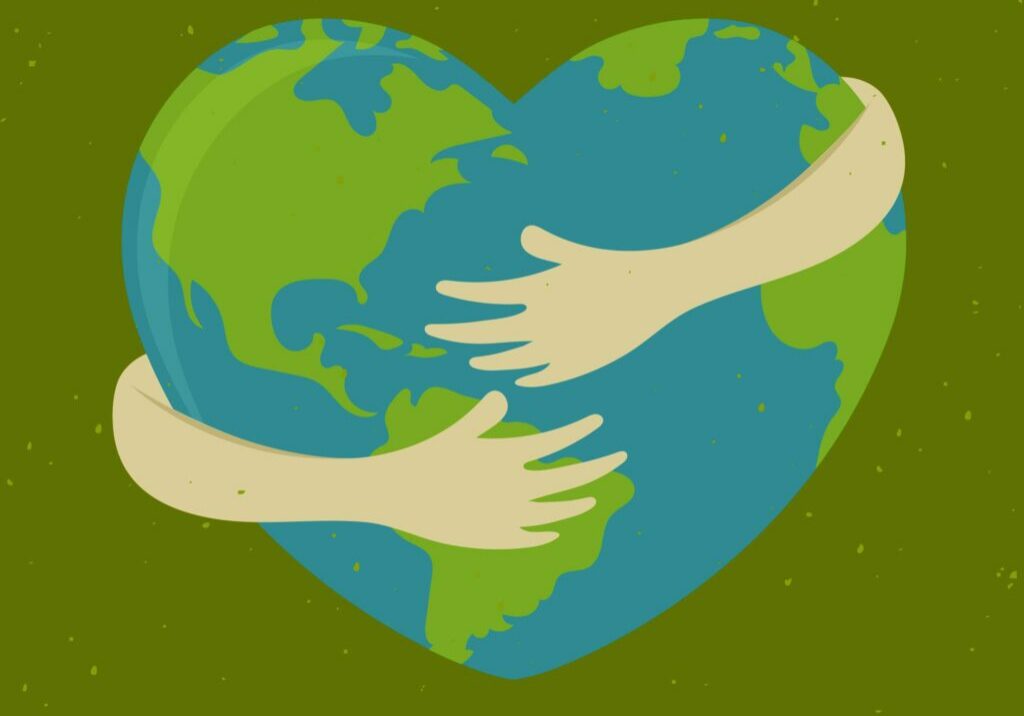
Everyday ways you can help the planet
You’re already a hero to us, but are you a green hero as well? Follow our top tips to enjoy an even more sustainable lifestyle
